News
-
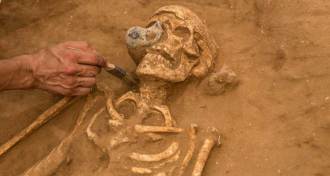 Archaeology
ArchaeologyAncient cemetery provides peek into Philistines’ lives, health
Burial site offers new look at Israelites’ mysterious enemies.
By Bruce Bower -
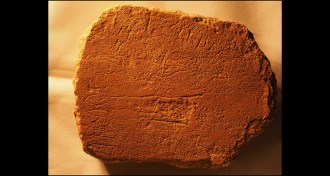 Humans
HumansOldest alphabet identified as Hebrew
Contested study indicates ancient Israelites developed first alphabet from Egyptian hieroglyphics.
By Bruce Bower -
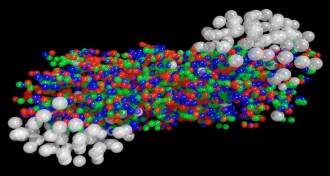 Physics
PhysicsWhirlpools might have stirred up baby universe’s soup
Vortices appear in the quark-gluon plasma produced in heavy-ion collisions.
-
 Plants
PlantsTweaking how plants manage a crisis boosts photosynthesis
Shortening plants’ recovery time after blasts of excessive light can boost crop growth.
By Susan Milius -
 Earth
EarthHow a ring of mountains forms inside a crater
Rocks drilled from the Chicxulub crater linked to the demise of the dinosaurs reveal how mountainous peak rings form within large impact craters.
-
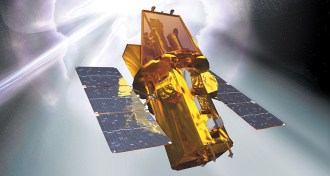 Astronomy
AstronomyMysterious radio signals pack power and brilliance
The brightest fast radio burst has been detected, while another team reveals a previous burst might have carried gamma rays as well as radio waves across space.
-
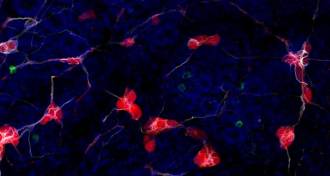 Neuroscience
NeuroscienceProtein linked to Parkinson’s travels from gut to brain
Parkinson’s protein can travel from gut to brain, mouse study suggests.
-
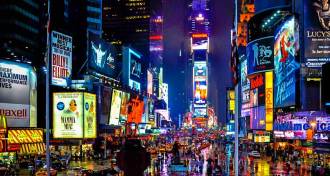 Neuroscience
NeuroscienceSounds and glowing screens impair mouse brains
Too much light and noise screws up developing mice’s brains.
-
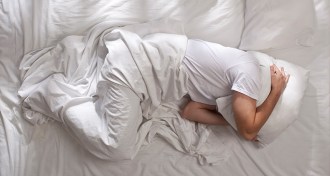 Health & Medicine
Health & MedicineRestless sleep associated with heart rhythm problems
Poor sleep, even without apnea, is tied to heart rhythm problems.
By Laura Beil -
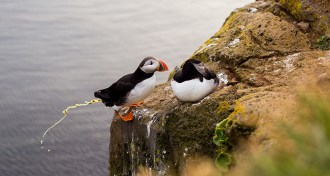 Climate
ClimateThere’s something cool about Arctic bird poop
Ammonia from seabird poop helps brighten clouds in the Arctic, slightly cooling the region’s climate.
-
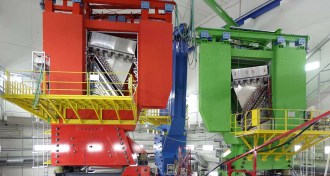 Particle Physics
Particle PhysicsNew analysis boosts case for smaller proton
Electron scattering data hint at a slightly smaller proton radius.
-
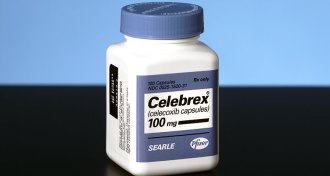 Health & Medicine
Health & MedicinePopular painkiller doesn’t have more heart risks than others, study claims
A long anticipated trial of the drug Celebrex finds it poses no more risk to the heart than do similar painkillers, but critics cite flaws in the study.
By Laura Beil